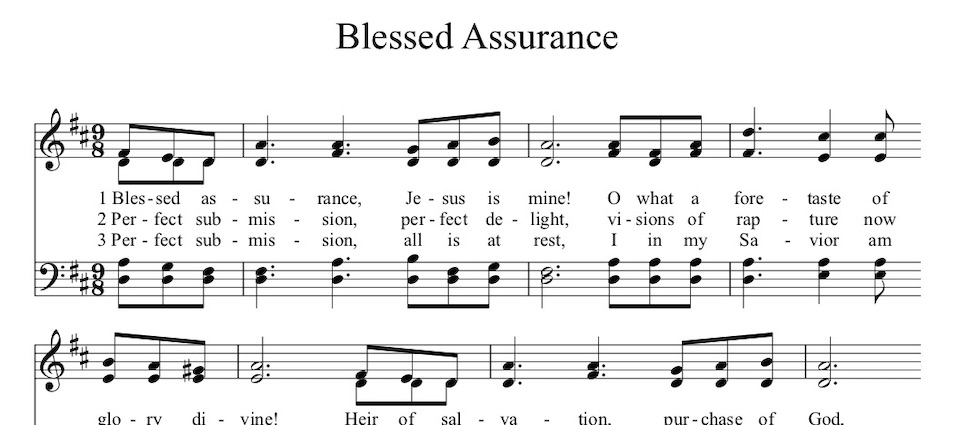Assurance versus Presumption

Jun 24, 2016
In discussing the practical doctrine of assuance (see parts 1, 2, and 3 in this series), one careful distinction we must make is between assurance and presumption. The reason is that a false assurance is the worst delusion and spiritual insanity, but too many people bless themselves even while they are outside the door of the kingdom.
Assurance and presumption come from different root causes. Assurance comes from the Spirit of God enlightening the heart and working childlike affections. Presumption comes from a lack of experiential knowledge of the depth and danger of one’s sin and the clinging presence of self-love and self-flattery (Prov. 16:2).
Assurance and presumption also differ in their motives and basis. Assurance comes from the Spirit of God working through the Word of God to produce spiritual comfort (Rom. 15:4). Presumption comes from a natural understanding of regeneration, which cannot be spiritually understood without the Spirit’s work (John 3:10). Presumption leans at least in part upon one’s own merits and worthiness, but assurance looks only for sincerity of grace mingled with many faults that Christ’s blood must wash away. People often presume that God loves them in a saving way because they have outward prosperity in riches, children, or honors—but they stand in slippery places and may be horribly surprised (Luke 16:25).
God generally works assurance in a manner quite different that presumption springs up. Though the Spirit is free to save as He pleases (John 3:8), God’s ordinary way is to bring a person to sincere humiliation under the burden of his sins (Matt. 11:28). Assurance is often attained after a conflict with doubts and unbelief, for it is the work of the Spirit, and the flesh wars against the Spirit (Gal. 5:17). Assurance with never a doubt is too much like the man who said, “All these have I kept from my youth” (Luke 18:21). It is a good sign when a sense of God’s grace in us comes with a feeling of our imperfections, so that we cry, “Lord, I believe, help thou my unbelief” (Mark 9:24).
Assurance also produces effects that go far beyond anything presumption can do. Godly assurance makes a person diligent to use the means of grace and careful to obey God’s commands, but the neglect of them weakens assurance (2 Peter 1:10). Sinful self-confidence swells all the bigger even while neglecting prayer and living in sin. Godly assurance ignites the heart with love to God, like a magnifying glass focuses the light of the sun to start a fire. Presumption works more lust for this created world and a proud abuse of God. Assurance has the power to support the heart when discouragements and disruptions abound and sinful confidence fails. True metal proves itself on the anvil.
We may also see the difference in the spiritual companions and enemies of assurance and presumption. Assurance comes with holy fear and trembling (Phil. 2:12), and humility and low self-appraisal (Luke 1:46–48). Presumption keeps out godly fear, and comes with a flattering self-comparison to other sinners (Luke 18:11). The only enemies of assurance are sin and coolness of zeal, for it is produced by God’s Spirit and sin grieves the Spirit (Eph. 4:30). Presumption may be shaken by outward troubles or psychological depression, but not by sin’s offense against God.
God has powerful weapons to destroy the fortresses of sinful self-confidence. This is a mercy, for no one has higher obstacles against coming to Christ than the falsely assured Christian. God can, however, destroy these strongholds by a powerful, soul-searching preacher (2 Cor. 10:4–5). Another weapon is an explanation and application of God’s laws to the motives of the soul, as Christ did in the Sermon on the Mount (Matt. 5). God might also show people from the Bible how complete and necessary a Savior Jesus Christ is, for if He is everything, then we have nothing in ourselves. God may also accompany the thunder of the Word with the afflictions of earthly grief to awaken sinners. He can use the frightening examples of people who seemed so spiritual (and thought so highly of themselves) but then fell horribly. Indeed, God can use stupid decisions people make in other areas of life to show them that they may be fooling themselves about their spiritual state too.





